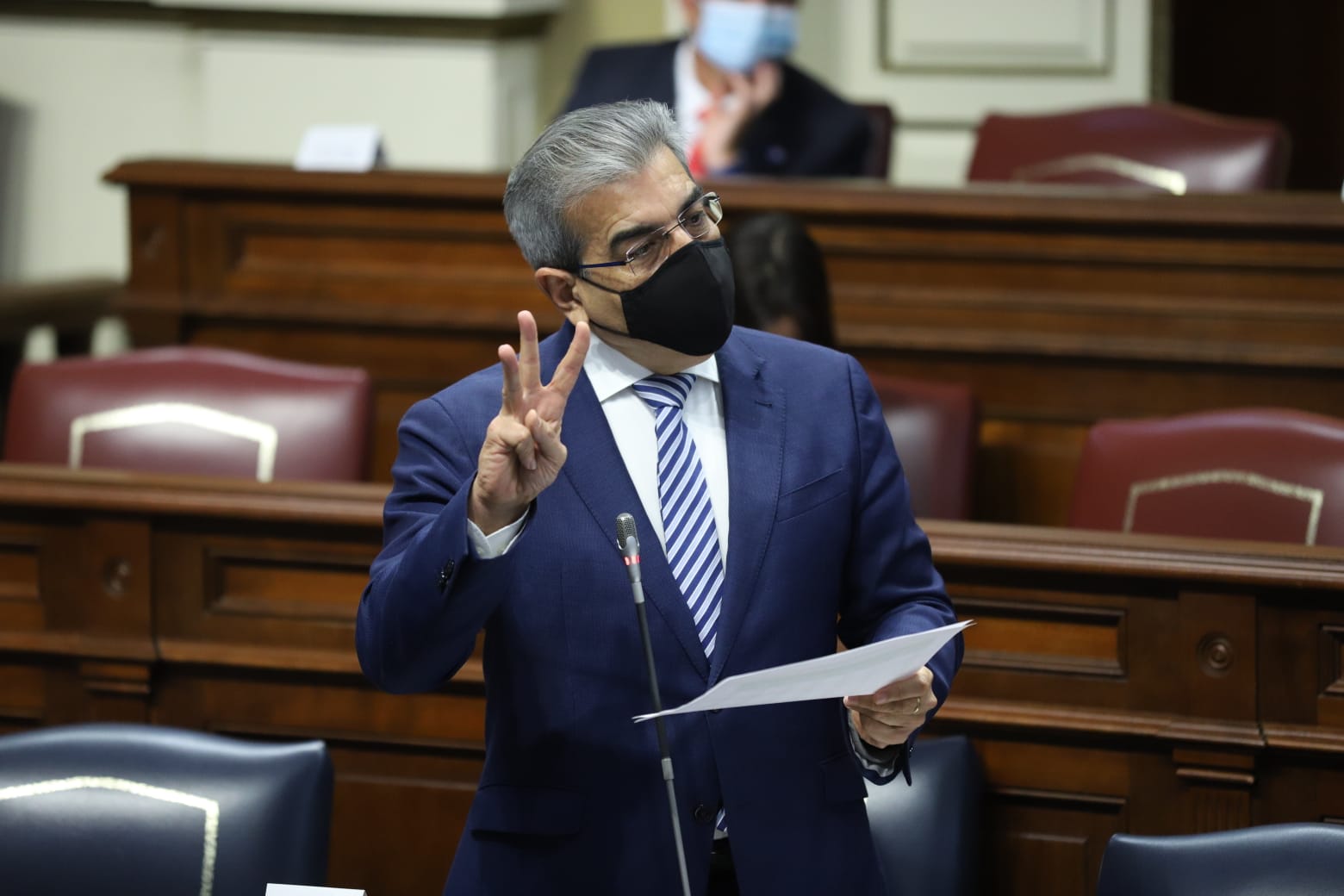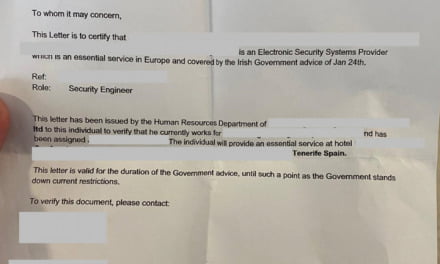The Canary Islands have been trying to negotiate a special deal with the United Kingdom as of January 1, 2021 in terms of agriculture for export and tourism mobility, according to the Vice President and Minister of Finance, Budgets and European Affairs, Román Rodríguez, last week in the regional parliament.
In a parliamentary appearance in relation to Brexit, the vice president indicated that the Government of Spain has been kept informed of all matters of interest to the Canary Islands before the end of the transition period and the beginning of the new era when the United Kingdom will be seen as a third country, outside of the European Union.
Rodríguez explained that the Canary Islands also aspires to participate in a €5 billion fund provided by the EU to offset the impact of the British exit, mainly because we are one of the territories most exposed to the repercussions.
The vice president said that the negotiation has been carried out directly between the European Commission and the United Kingdom, although Spain and the Union itself have contingency plans on multiple issues.
What is involved, said Rodríguez, is that Spain defends the interests of the Canary Islands in the most sensitive matters. Among those are agricultural exports, which is being negotiated with the European Commission within the framework of POSEI scheme for the EU’s peripheral and outermost regions, with the transport subsidies that the Canarian fruit and vegetable sector have been receiving, of around €3 million, be transformed into others of similar amounts linked to the re-adaptation to the markets up until 2024. They have also been negotiating to raise pre-existing aid to the the sector, which is based on the number of hectares being farmed.
Another of the issues of maximum interest for the Archipelago has to do with tourist mobility between the United Kingdom and the Canary Islands, for which Rodríguez predicted a good result, “since the British are as much, or more, interested in facilitating as we are“.
The vice president described the departure of the United Kingdom from the European Union as bad news and assured that now “the only thing we can do is wait for the negotiation between both parties to see if the break is friendly or not.”
Rodríguez linked the current circumstances that the European Union is going through with the coming to power of the populist right in member states of the Union, such as Hungary, Poland or even the United Kingdom itself, expressing hope that the election of Biden in the United States can act as a containment for the proliferation of these types of policies.
Less bureaucracy to execute more investments
The Vice President of the Government and Minister of Finance, Budgets and European Affairs, Román Rodríguez, defended simplification of administrative regulations and the reinforcement of the workforce to improve the budget execution of the Autonomous Community.
Rodríguez explained that the excessive bureaucracy, on one hand, and the personnel cuts applied within the administrations over the last decade, on the other, are causing a bottleneck for the execution of the investments collected within the public budgets.
The vice president acknowledged that the budget execution of the Government of the Canary Islands at the end of October – 36.75% – can be improved, although he recalled that the emergence of Covid-19 caused the paralysis of much of the administrative activity for months.
“With all these drawbacks” said Rodríguez “the data is much better than that obtained by the Government of the Canary Islands in 2018, the last year without elections and without a pandemic in between, when the execution was 34.1%.”
The vice president pointed out that the results of November and December – traditionally months of high budgetary activity – will see the percentage of execution considerably improved, although he insisted that the underlying problem must be solved with a series of regulatory modifications, which allow greater agility to the administrations at the time of hiring, and of the recovery of personnel in the service of the public sector.










